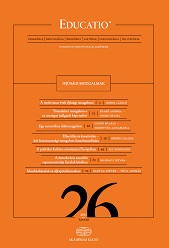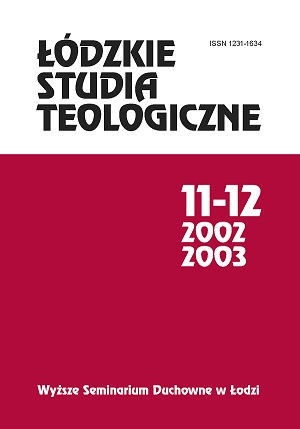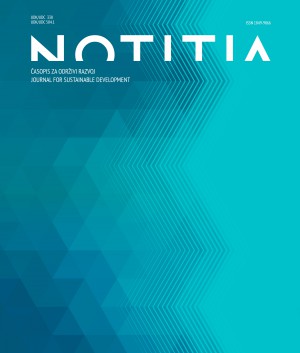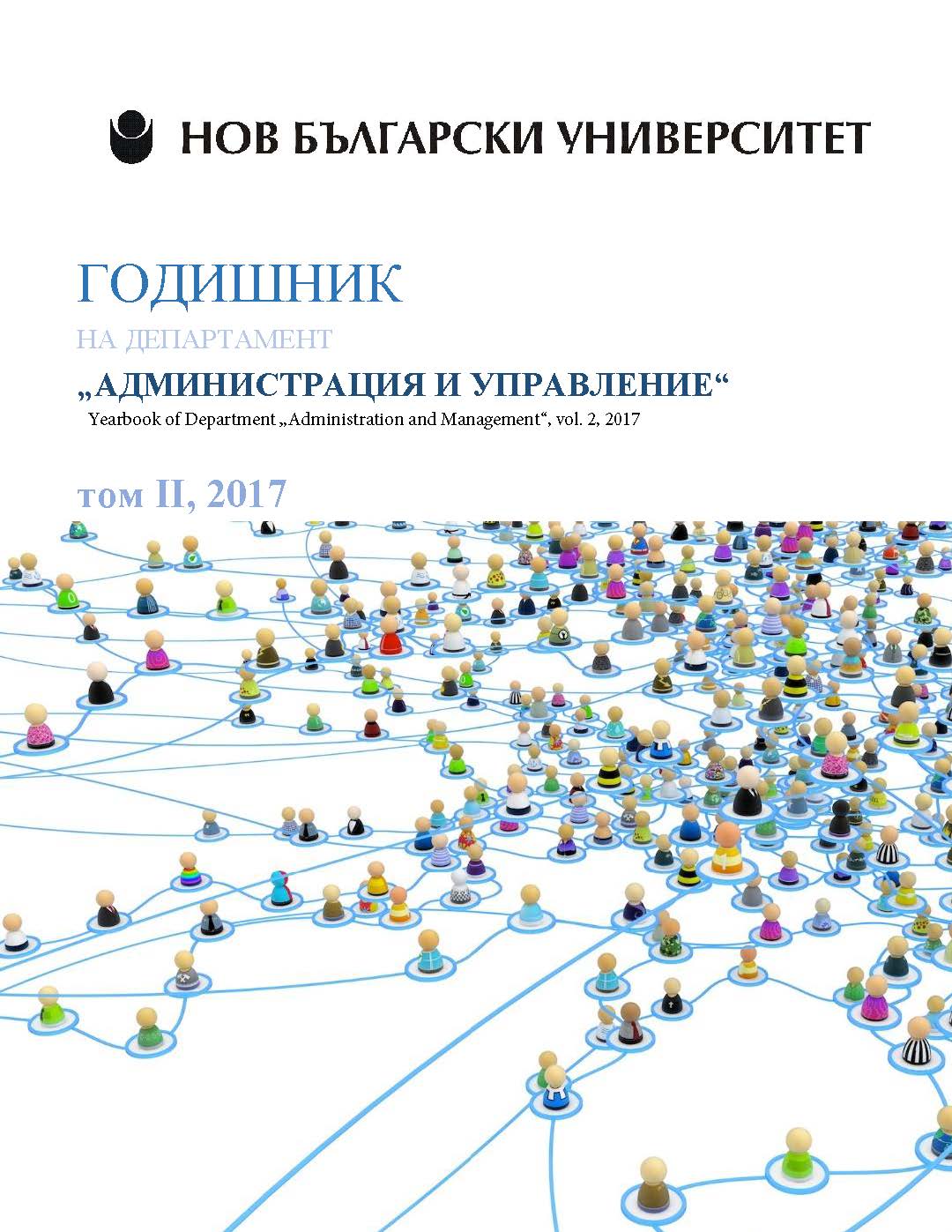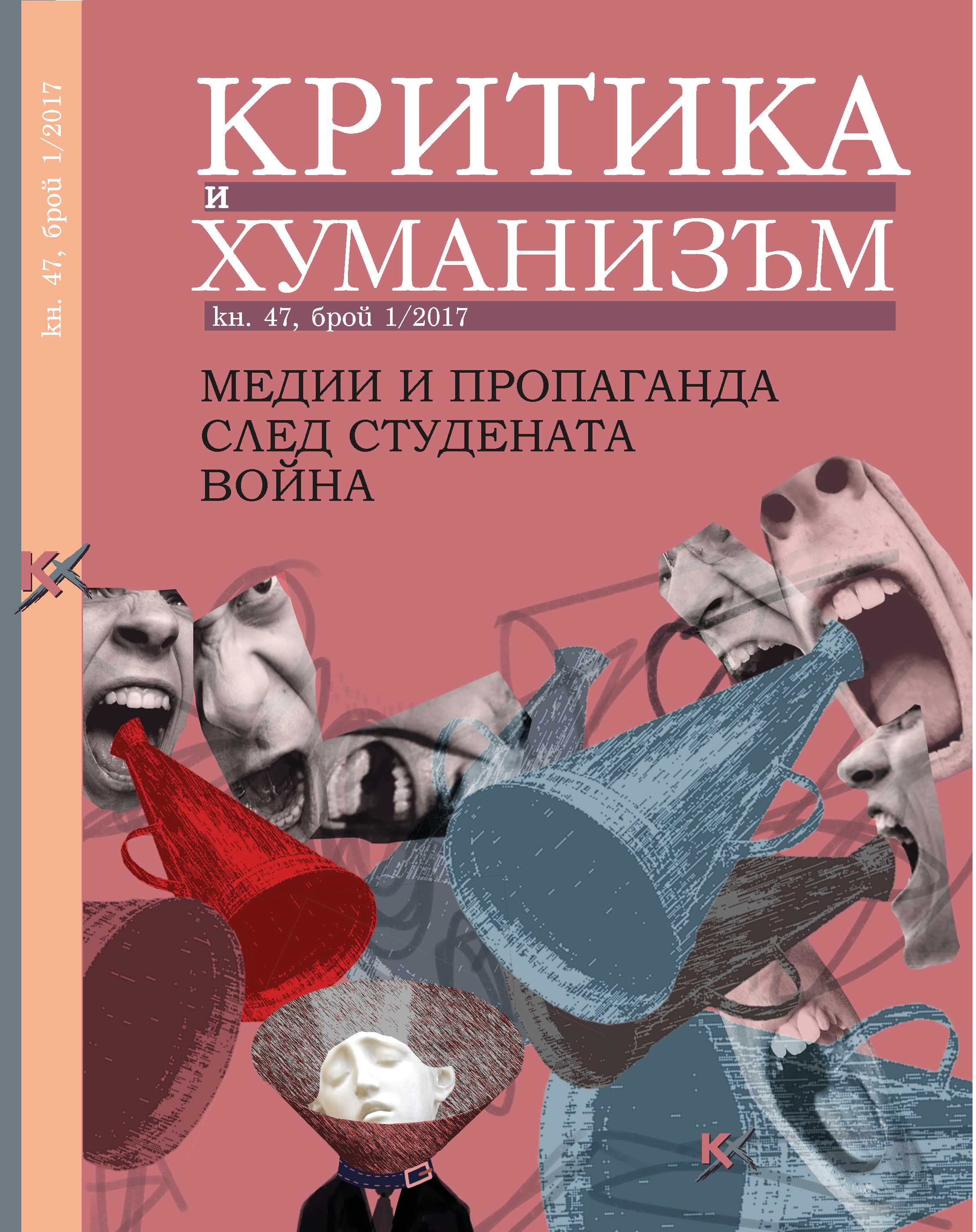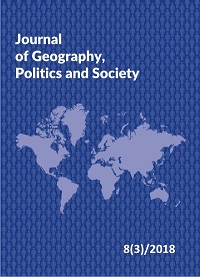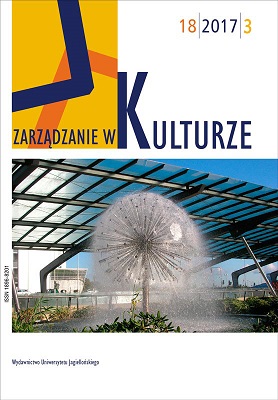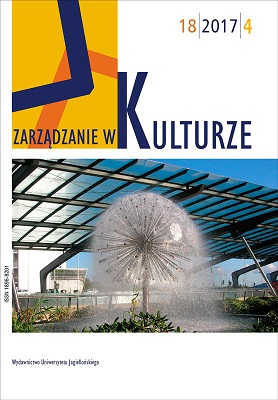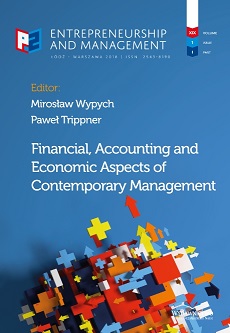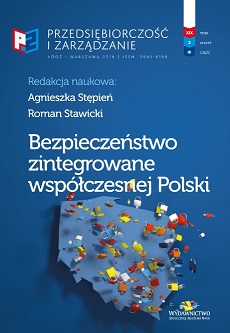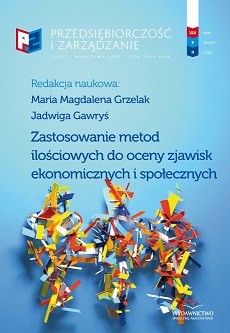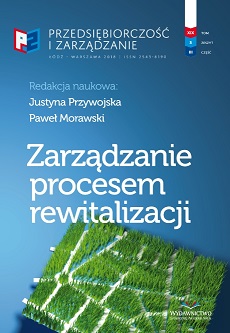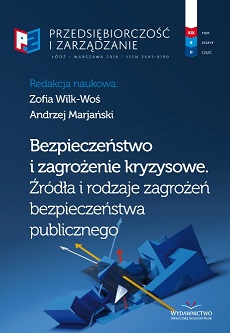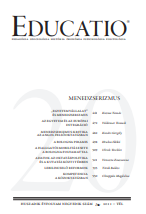
Szerkezeti átalakulások a közoktatásban
A rendszerváltást követően a központosított oktatásirányítást felváltotta a decentralizált irányítás. Az iskolák döntő többsége helyi fenntartásúvá vált, nemcsak az alapfokú, hanem a középfokú oktatásban, ezen belül a szakképzésben is. Különösen a szakképzésben vált a decentralizáció hatására rendkívül szétaprózódottá a képzés. Sok iskola indított szakképző osztályt, így egy-egy régióban, kistérségben számos párhuzamos képzés indult. Ugyan a helyi önkormányzatok, finanszírozási problémák miatt, sorra kezdték visszaadni a megyei önkormányzatoknak a szakképző intézményeket, viszont ezzel nem szűnt meg a képzés szétaprózódottsága, amiben az intézmények, a tanárok, a szülők érdekérvényesítése is szerepet játszott (gondoljunk csak a főváros szakképző intézményeinek átalakítására, amely során az önkormányzat többször is visszakozni kényszerült a tanárok tüntetése miatt). A központi oktatásirányítás leginkább a finanszírozás révén avatkozott be az iskolaszerkezetbe, arra ösztönözve az iskolákat, hogy együttműködjenek. 2008-tól csak azok a szakképző intézmények jutnak szakképzési támogatáshoz, ahol a létszám meghaladja az 1500 tanulót, ennek hatására 86 Térségi Integrált Szakképző Központba tömö- rültek a szakképző iskolák. Tehát most újra elindult a szakképzésben egy koncentrációs folyamat. Míg a decentralizáció ideológiája az volt, hogy a fogyasztóhoz viszi a képzést, addig a centralizáció eszméje az, hogy minőségi képzést nyújt.
More...
